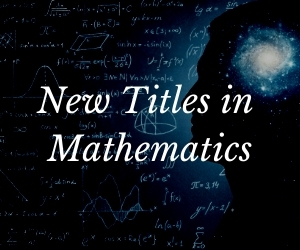System Upgrade on Tue, May 28th, 2024 at 2am (EDT)
Existing users will be able to log into the site and access content. However, E-commerce and registration of new users may not be available for up to 12 hours.For online purchase, please visit us again. Contact us at customercare@wspc.com for any enquiries.
The Asian Logic Conference is part of the series of logic conferences inaugurated in Singapore in 1981. It is normally held every three years and rotates among countries in the Asia-Pacific region. The 11th Asian Logic Conference was held at the National University of Singapore, in honor of Professor Chong Chitat on the occasion of his 60th birthday. The conference is on the broad area of logic, including theoretical computer science. It is considered a major event in this field and is regularly sponsored by the Association of Symbolic Logic. This volume contains papers from this meeting.
Sample Chapter(s)
Chapter 1: Provably Δ02 and Weakly Descending Chains (245 KB)
Contents:
- Provably Δ02 and Weakly Descending Chains (T Arai)
- Amalgamation, Absoluteness, and Categoricity (J Baldwin)
- K-Trivials are Never Continuously Random (G Barmpalias, N Greenberg, A Montalbán and T Slaman)
- Limitwise Monotonic Functions and Their Applications (R Downey, A Kach and D Turetsky)
- A Dichotomy for the Mackey Borel Structure (I Farah)
- On Automatic Families (S Jain, Y Ong, Sh Pu and F Stephan)
- Cappable CEA Sets and Ramsey's Theorem (A Kach, M Lerman and R Solomon)
- Computable Dowd-Type Generic Oracles (M Kumabe and T Suzuki)
- Models of Long Sentences I (G Sacks)
- A Universally-Free Modal Logic (S Yang)
Readership: Researchers in mathematical logic and algebra, computer scientists in artificial intelligence and fuzzy logic.










































